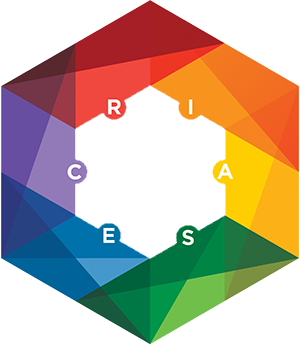SFU Continuing Studies
is proud to offer the


Learn more about your future Career path now!
Exploring career options can be an enlightening experience–it’s an exercise in learning more about yourself and about the opportunities that best fit your personality. The Self-Directed Search (SDS) is a career assessment tool created by Dr. John Holland that has been used more than 36 million times.
The SDS is based on Holland’s theory, known as RIASEC theory, that both people and work environments can be classified according to six basic types: Realistic, Investigative, Artistic, Social, Enterprising, and Conventional. One of the main ideas of this theory is that the closer your personality type aligns with your work environment type, the more likely you are to find fullfilment at work.

The SDS takes about 20 minutes. When you are finished, you will receive a customized interactive report that includes occupational and educational options based on your Summary Code as well as options to further sort, search, and filter your results based on criteria that are important to you. Explore your results by career cluster, educational level, Holland Occupational Code, and projected job outlook.
There are many things to consider when deciding what career path is right for you. The faculty, instructors and advisors at SFU Continuing Studies are here to help!

Ready to get started?